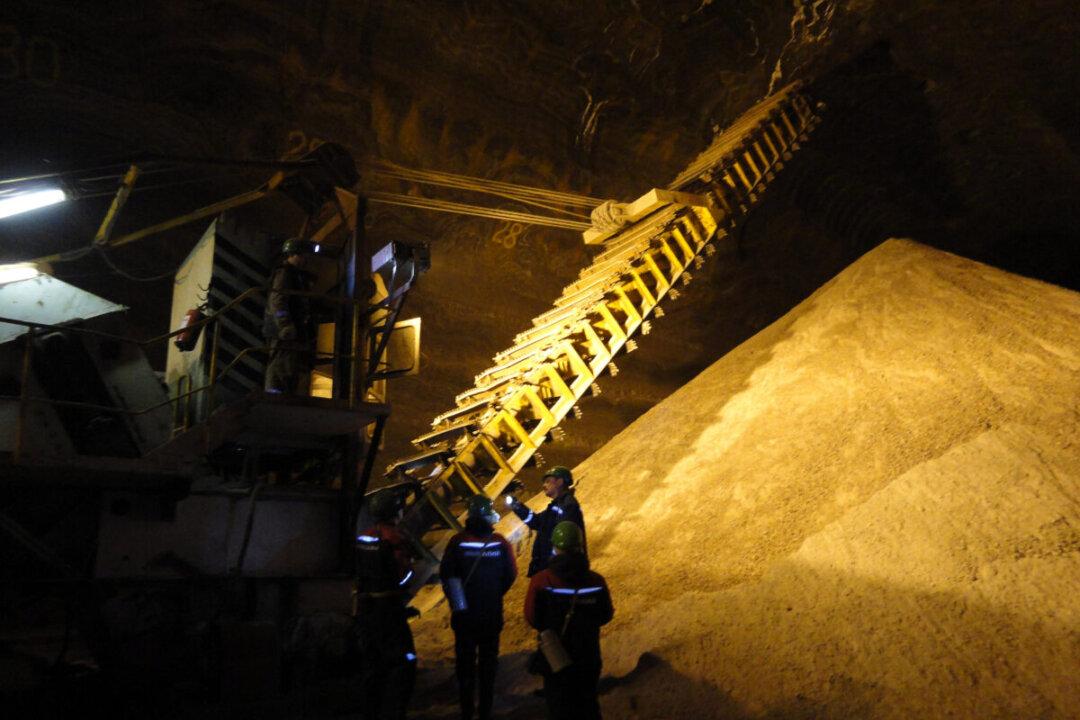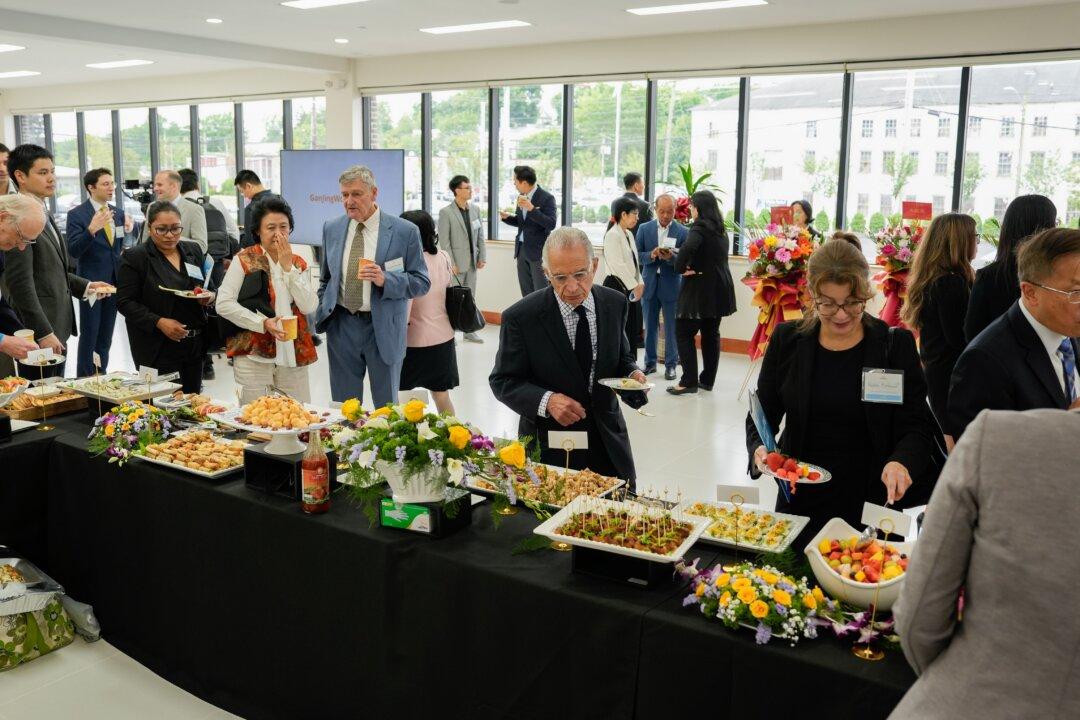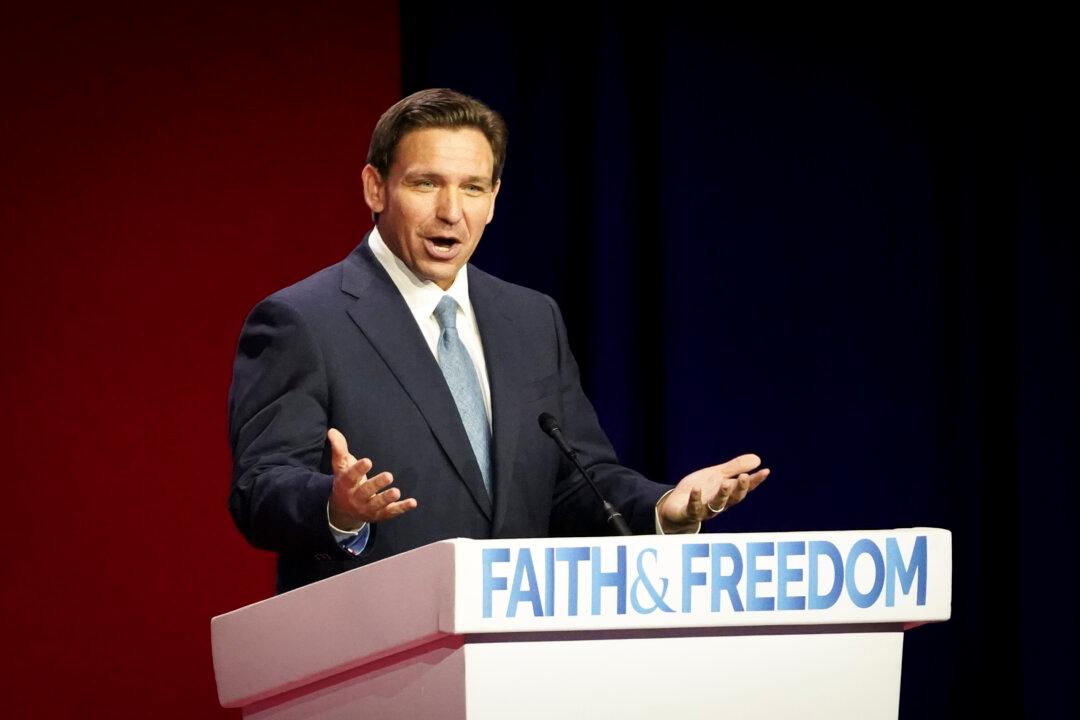The global fertilizer supply chain will be bracing for a shortfall due to sanctions and restrictions imposed on Russia and Belarus, while the two countries’ potassium fertilizer exports combined are about 40 percent of the global market.
Following western sanctions against Russia for its escalating invasion of Ukraine, the world’s three largest container shipping companies, Switzerland’s MSC, Denmark’s Maersk, and France’s CMA CGM, announced on March 1 the suspension of all cargo bookings to and from all Russian ports, including that in the Baltic Sea, Black Sea, and Far East Russian regions. Food, medical, and humanitarian supplies are exceptional.





